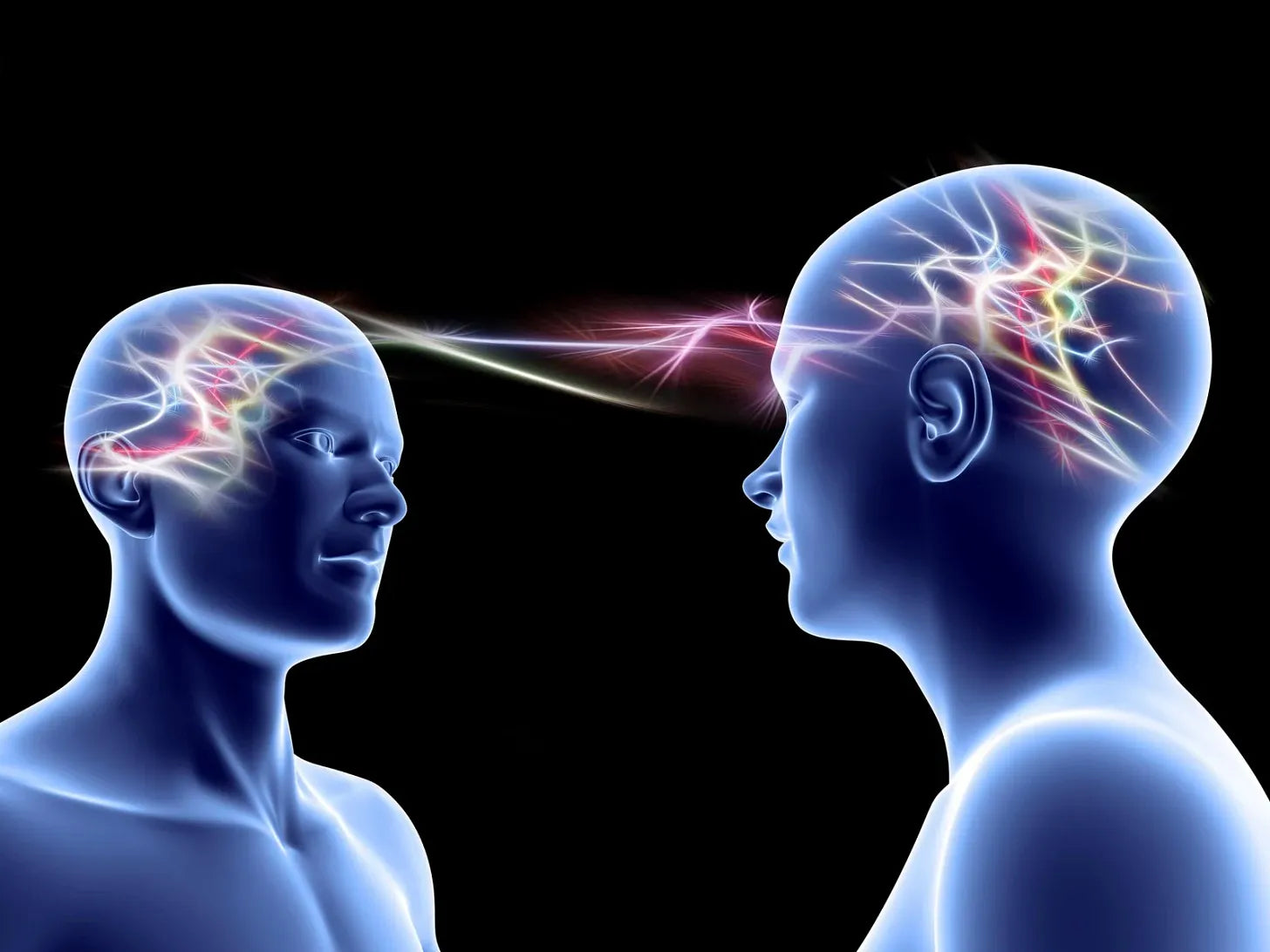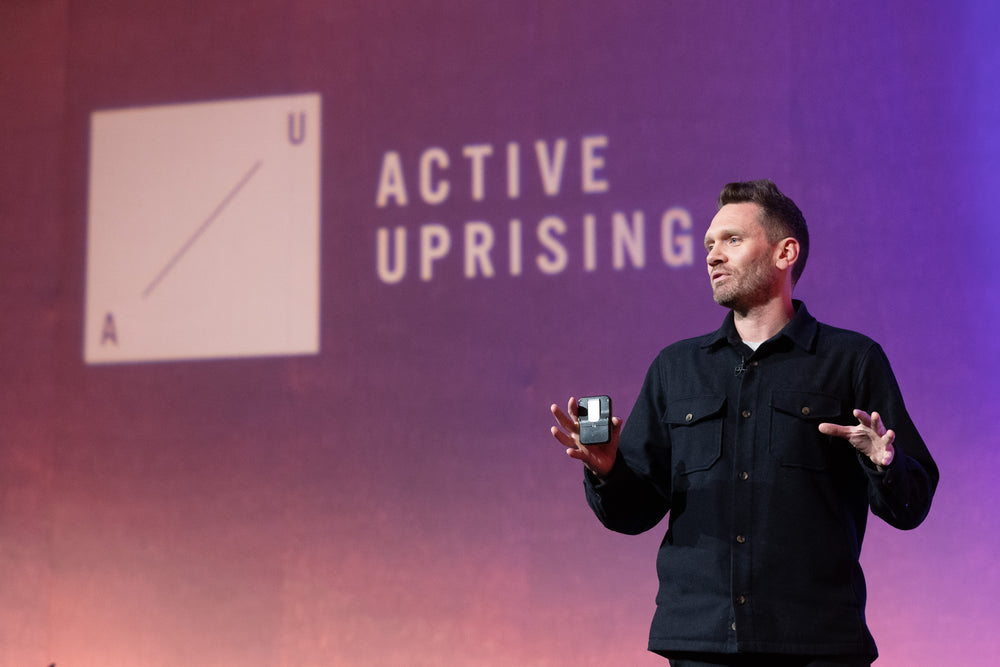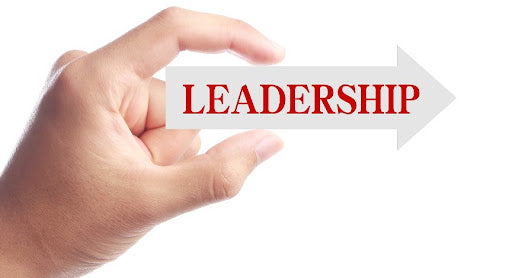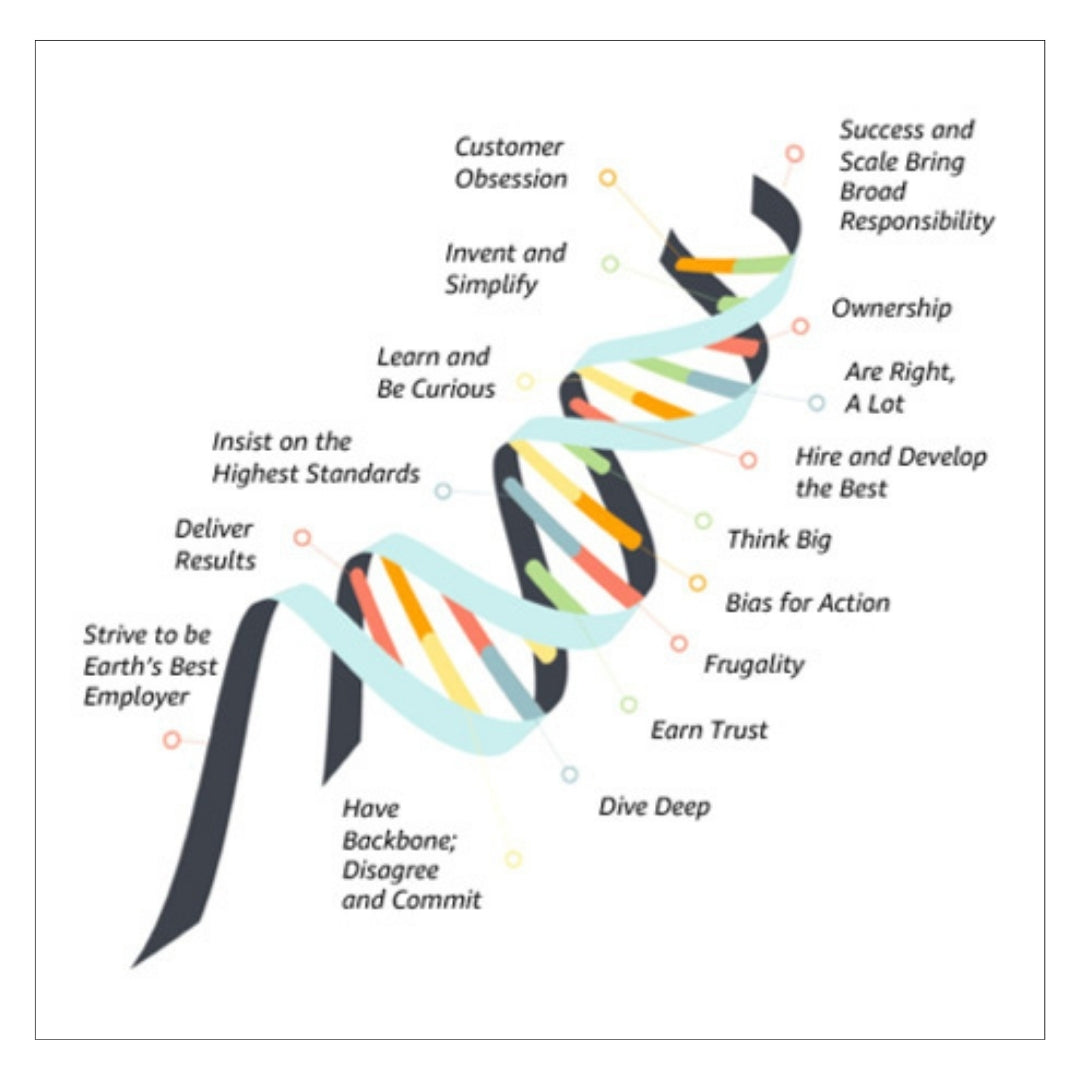Become a More Effective Communicator Today

You know, we all have conversations every day with different people - colleagues, clients, and friends. Don't you agree that these conversations might seem small, but they can have a big impact on our relationships and what we hope to achieve?
That's why it's so important to be effective communicators. It's not just about what we say, but also how we say it.
So, in this blog post, I thought we could discuss some actionable strategies and mistakes we can avoid when it comes to effective communication in our daily conversations.
Here are four tips to help you enhance your daily conversations and make the most of them:
- Understanding the Context - Tailor your message to the situation and approach it in the most effective way possible. Starting a conversation without a proper understanding of the context may lead to undesirable outcomes.
- Considering the Intention, Action, and Impact - Be intentional and clear in your communication to ensure that your message fits with the other person's understanding.
- Communicating with Stakeholders - Adapt your communication style to match that of your stakeholders to connect with them better, build stronger relationships, and achieve your goals more effectively.
- Finding Allies to Amplify Your Message - Finding allies with different backgrounds and experiences can help you create a unique and unforgettable sound for effective communication. By working together and playing off each other's strengths, you can create a hit song that resonates with your audience and leaves them wanting more.
By keeping these strategies in mind, we can become more effective communicators and make the most of our daily conversations. So let’s jump in:
Understanding the Context
The first crucial step in effective communication is to understand the context and the person's perspective.
By seeking to imagine their point of view and circumstances they’re facing, you can tailor your message to meet their specific needs and expectations, ultimately achieving a successful outcome.
Empathy is key in effective communication, and neglecting to consider another person's perspective may result in a waste of time discussing irrelevant topics or presenting ideas that do not align with their goals.
Therefore, it is important to approach conversations with an open mind and a willingness to understand the other person's perspective, ultimately building stronger relationships and achieving your goals more effectively.
Considering the Intention, Action, and Impact
Good communication is a bit like a game of chess. In chess, beating your opponent requires strategy and an understanding of their position. Conversations are similar, but with a subtle difference: the objective is not to beat your conversation partner. When we focus on "what's in it for me" instead of "what's in it for us," we lose trust and influence.
To have impactful conversations, take the time to mentally rehearse how you want the other person to feel, what you want to say, and what outcome you want. While there is a difference between conversations and chess, being intentional with how you show up and what you say can help you communicate more effectively.
For example, when giving feedback to a colleague, prepare your thoughts and consider how to frame your feedback in a way that will be well-received. This will make your feedback actionable and increase the likelihood of your colleague improving their performance.
Communicating with Stakeholders
Effective communication is a beautiful dance between you and your stakeholders. Just like in a dance, it's important to understand your partner's rhythm, style, and preferences to move together in perfect harmony.
Adapting your communication style to match theirs is like taking the lead or following their lead in the dance. This helps you to connect with them better, build stronger relationships, and achieve your goals more effectively. So, the next time you're having a conversation with someone, think of it as a dance and take the time to understand their rhythm. By doing so, you'll be able to communicate in a way that truly resonates with them.
Finding Allies to Amplify Your Message
To achieve effective communication, it is crucial to find allies who share your perspective and can support your message.
Studies have demonstrated that messages conveyed by a group are more persuasive and have a greater impact than those delivered by an individual.
Remarkably, the University of California found that people are more likely to be convinced by a message when it is delivered by a group, with a 10% increase in persuasion for every additional group member.
By collaborating and leveraging each other's strengths, you can craft a more potent message that resonates with your audience and leaves a lasting impact.
Conclusion
Effective communication is essential for success in all areas of life, including our daily conversations with colleagues, clients, and friends. By understanding the context, considering the intention, action, and impact of our communication, communicating with stakeholders, being the smallest voice in the room, and finding allies to amplify our message, we can become more effective communicators. Whether it's in the workplace or in our personal lives, effective communication can help us build stronger relationships, achieve our goals, and ultimately, live a more fulfilling life.
So, the next time you have a conversation with someone, remember to consider the context, be intentional and clear in your communication, adapt your communication style to match that of your stakeholders, don't be afraid to speak up, and find allies who can support your message. With these strategies in mind, you can become a more effective communicator and make the most of your daily conversations.





